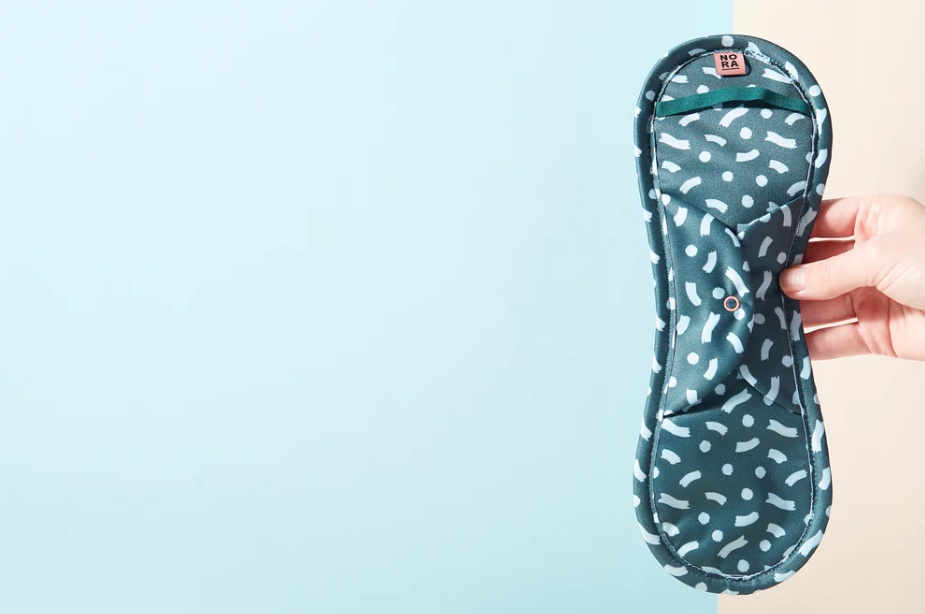Menstrual cups and reusable sanitary pads are becoming increasingly popular as an eco-friendly, cost-effective, and comfortable alternative to disposable tampons or pads. However, with any menstrual product, there are certain precautions you should take to keep yourself safe and healthy during your period.
In this article, we'll discuss some of the things you should avoid when using a menstrual cup or reusable pad to ensure your experience is as pleasant as possible!
What Not to do with Your Reusable Sanitary Pads?
- You should avoid using Marseille soap, which is produced from olive oil and black soap, and you should also avoid using industrial softeners. This is because the fabric fibers will absorb the oil or fat, diminishing the pad's capacity to absorb liquids.
- To prevent your pads from coming into contact with any chemical compounds, you must refrain from using bleach and other products designed to remove stains.
- You should not squeeze your pads to remove excess liquid. This may cause the pad to lose its distinctive form. Instead, if more drying is required, place the items under pressure while they are wrapped in a very absorbent towel. This will help to remove any extra water.
- Do not boil or autoclave your reusable sanitary pads. This will destroy the pad's absorbency and shape, and elasticity.
- Avoid drying your pads in direct sunlight, which can cause discoloration and reduce absorbency.
- Do not store your pads in plastic bags or airtight containers, as this will prevent them from drying properly. Instead, choose a well-ventilated area to keep your pads to avoid the growth of bacteria and fungi.
What Not to do with Your Menstrual Cups?
- Don't leave a menstrual cup in for 12 hours. Leaving it in for too long can increase your risk of Toxic Shock Syndrome (TSS).
- You should not use a menstrual cup if you have an IUD (intrauterine device) or any other form of birth control implanted in your uterus.
- Don't use menstrual cups or reusable pads if you have any infection, such as a yeast infection.
- Avoid using any product, like menstrual cups, if you are pregnant or breastfeeding.
- Never share your menstrual cup with anyone else, even if you have the same menstrual flow.
Conclusion
You should avoid doing some things with your menstrual cup or reusable sanitary pads to ensure they last as long as possible and don't cause any problems.
For example, you should avoid using them when you have an infection, washing them in hot water, using strong detergents or fabric softeners, and storing them somewhere that gets a lot of direct sunlight.
By following these simple tips, you can prolong the life of your menstrual cup or reusable sanitary pads and keep them working correctly.


No comments yet